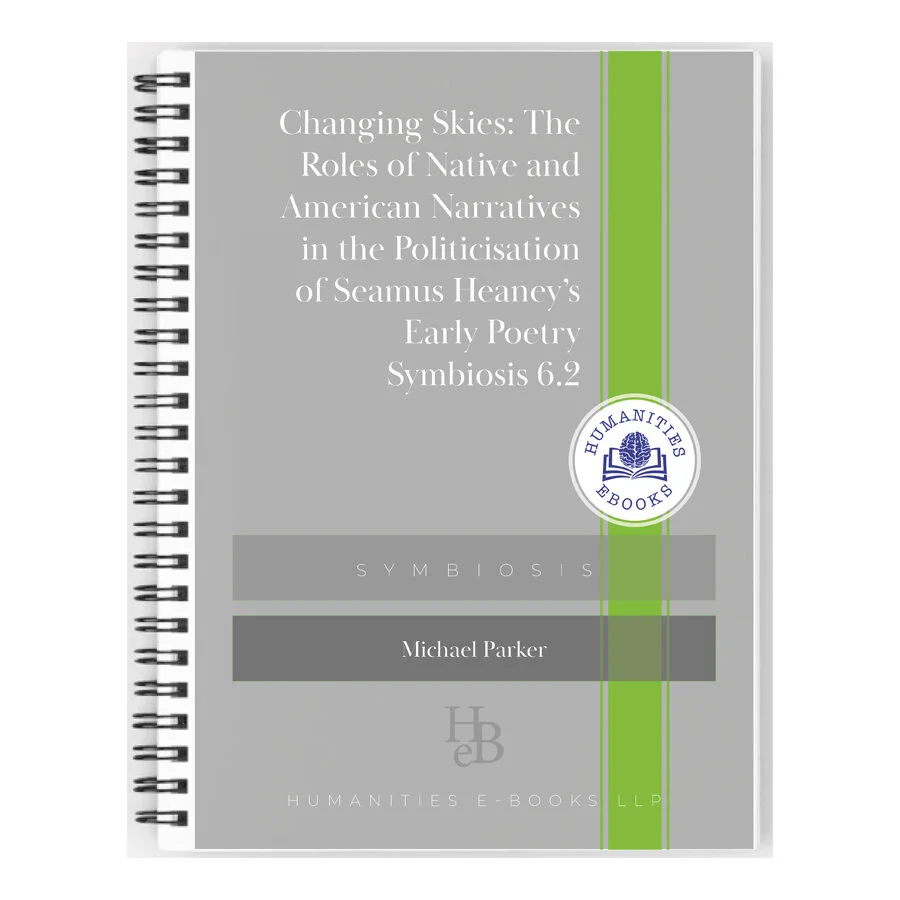 Image 1 of
Image 1 of


Aesthetics and Anaesthetics: Anglo-American Writers Responses to September 11
Symbiosis 11.2 3-26
Author: Daniel Lea
Pages: 25
'Aesthetics and Anaesthetics: Anglo-American Writers’ Responses to September 11' by Daniel Lea, explores how British and American writers have responded to the events of September 11, 2001, through their literary works. Originally published in Symbiosis: a Journal of Anglo-American Literary Relations, this essay delves into the immediate and long-term impacts of 9/11 on cultural politics and literary expression. Lea examines the roles of novelists and poets in making sense of the tragedy, the aestheticisation of trauma, and the transatlantic dialogue of empathy and solidarity that emerged. This scholarly work is essential for readers interested in contemporary literature, cultural studies, and the intersection of art and politics.
Symbiosis 11.2 3-26
Author: Daniel Lea
Pages: 25
'Aesthetics and Anaesthetics: Anglo-American Writers’ Responses to September 11' by Daniel Lea, explores how British and American writers have responded to the events of September 11, 2001, through their literary works. Originally published in Symbiosis: a Journal of Anglo-American Literary Relations, this essay delves into the immediate and long-term impacts of 9/11 on cultural politics and literary expression. Lea examines the roles of novelists and poets in making sense of the tragedy, the aestheticisation of trauma, and the transatlantic dialogue of empathy and solidarity that emerged. This scholarly work is essential for readers interested in contemporary literature, cultural studies, and the intersection of art and politics.
Symbiosis 11.2 3-26
Author: Daniel Lea
Pages: 25
'Aesthetics and Anaesthetics: Anglo-American Writers’ Responses to September 11' by Daniel Lea, explores how British and American writers have responded to the events of September 11, 2001, through their literary works. Originally published in Symbiosis: a Journal of Anglo-American Literary Relations, this essay delves into the immediate and long-term impacts of 9/11 on cultural politics and literary expression. Lea examines the roles of novelists and poets in making sense of the tragedy, the aestheticisation of trauma, and the transatlantic dialogue of empathy and solidarity that emerged. This scholarly work is essential for readers interested in contemporary literature, cultural studies, and the intersection of art and politics.







